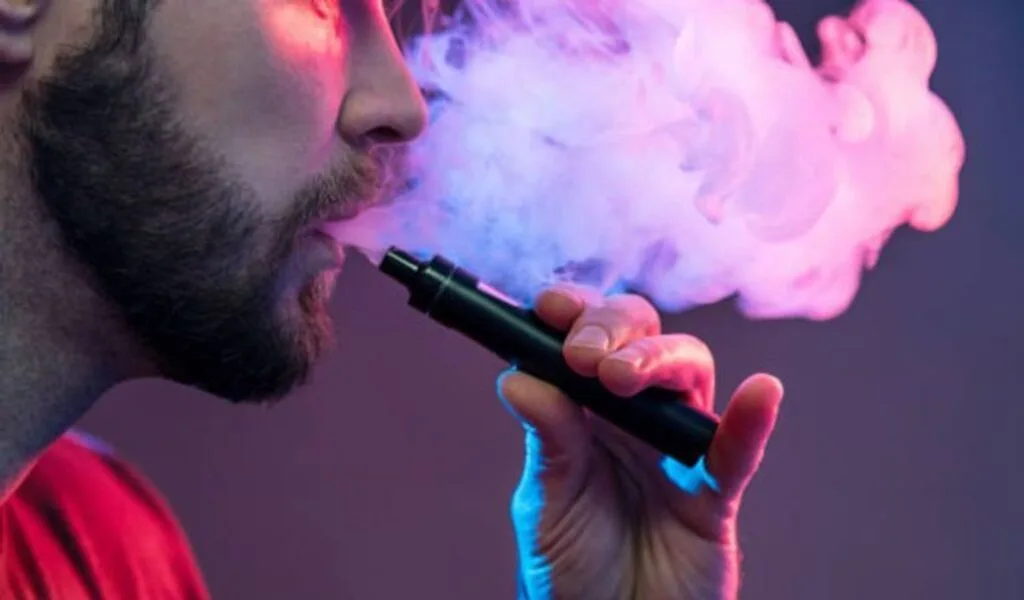The researchers have found important insights into how the virus that causes COVID-19, SARS-CoV-2, can cause long-term pain, which could lead to a potential treatment.
Experiments were conducted using a hamster model of intranasal COVID-19 infection, which closely mimics the symptoms experienced by people.
A significant number of people with long COVID-19 experience sensory abnormalities, including pain, according to Randal Serafini, a Ph.D. student at the Icahn School of Medicine at Mount Sinai.
SARS-CoV-2 triggers biochemical changes in the dorsal root ganglia, a pain-transmitting structure, Serafini said.
The researchers found that the SARS-CoV-2 infection left a gene expression signature in the dorsal root ganglia that remained even after the virus cleared.
The signature matched gene expression patterns seen in other types of pain, they said.
A Society for Pharmacology and Experimental Therapeutics annual meeting was held between April 2-and 5 in Philadelphia, US.
According to Serafini, “our findings may lead to new therapies for patients suffering from acute and chronic COVID-19.”
COVID-19 Causes Long-Term Pain, Scientists said
SARS-CoV-2 has long-term effects on the body in dramatically new ways, further demonstrating why people should not become infected,” the scientist said.
As infection progressed, SARS-CoV-2-infected hamsters developed a slight hypersensitivity to touch that became stronger after 30 days.
They then tested whether other RNA viruses promote similar responses to the Influenza A virus.
As opposed to SARS-CoV-2, Influenza A caused an early hypersensitivity more severe but faded after four days, according to researchers.
SARS-CoV-2 caused more profound changes in gene expression levels of neuron-specific signaling genes in the dorsal root ganglia than influenza, the researchers found.
Flu-infected hamsters showed no signs of long-term hypersensitivity after recovery from viral infection while SARS-CoV-2-infected hamsters showed worsened hypersensitivity.






